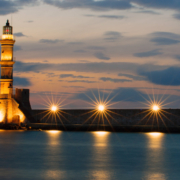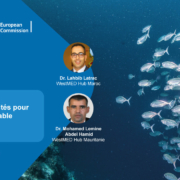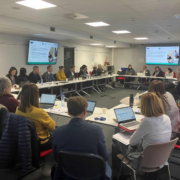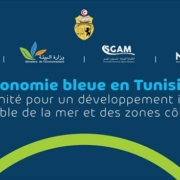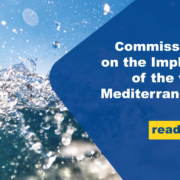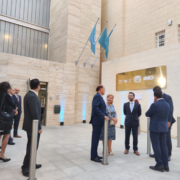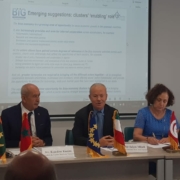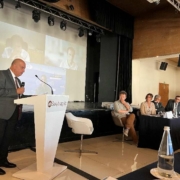A landmark document: Roadmap for the implementation of the 2021 UfM Ministerial Declaration on Sustainable Blue Economy (SBE) in the Mediterranean
Source: based on article UfM stakeholder platform
Following the adoption by the 43 member countries of the Union for the Mediterranean (UfM) in February 2021 of the 2nd UfM Ministerial Declaration on Sustainable Blue Economy (SBE), the UfM countries, Co-Presidency, and Secretariat, agreed to create a Roadmap for the implementation of the 2021 Ministerial.
This, with a view to produce an in-depth overview and analysis of the joint needs, gaps and opportunities for future support, funding, and implementation for each of the 10 priorities set by the Declaration.
This landmark document includes a sketching out of ongoing initiatives, programmes, and projects, while linking to and formulating promising pathways, processes, and actions to be launched, scaled-up, and promoted from the short to the longer term. The Roadmap also foresees an easy to implement monitoring system; essential to assess progress towards the implementation of the Ministerial at regional level.
The WestMED initiative as a succesful example
In the 2nd Ministerial Declaration on Sustainable Blue Economy, the ministers of the UfM countries recognised that the WestMED Initiative is a successful example of cooperation, focused on clear goals, priorities, and measurable targets and as a catalyst for the development of SBE projects in the region.
The roadmap identifies key elements of good practice that can be replicated at regional level by some other frameworks or initiatives, especially in the topics of governance (i.e. how the actual WestMED Initiative and the macro regional strategy EUSAIR work in terms of planning and decision making) and in the key aspects on project development support through the work of dedicated Technical Groups (for instance, and in the case of the WestMED Initiative: Green shipping, Sustainable Aquaculture(AquaWEST) and the WestMED Maritime Clusters Alliance.
For more information and download of the Ministerial Declaration and the Roadmap documents, visit the Med blue economy platform

